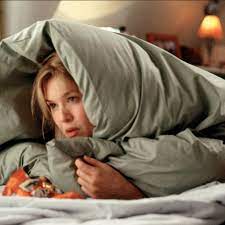From the hair of the dog to overpriced green smoothies, there’s no shortage of purported tonics for the lingering effects of a night on the sauce. Unfortunately, however, new research suggests that these supposed hangover cures may be nothing more than folk remedies, as there’s no real scientific evidence that any of them actually work.
Appearing in the journal Addiction, the systematic review looks at 21 placebo-controlled trials involving an array of different compounds that are often used to alleviate hangovers. Using a tool called the Grading of Recommendations Assessment Development and Evaluation (GRADE) framework, the authors concluded that all of these trials were of very low quality, and that the evidence they provide cannot be considered robust.
That’s not to say that none of the substances investigated showed promise as hangover cures. On the contrary, clove extract, red ginseng and Korean pear juice were all found to reduce discomfort while hanging. Other compounds that brought about improvements included a type of non-steroidal anti-inflammatory painkiller called tolfenamic acid, a vitamin B6 analog known as pyritinol, and the amino acid L-cysteine.
However, the study authors say that all of the trials included in their review were hindered by “methodological concerns and imprecision”, and that none of these findings are particularly credible. For instance, they point out that most of these trials involved small numbers of participants, while the fact that none of these supposed hangover cures were investigated in more than one study makes it impossible to conduct any sort of meta-analysis.
Furthermore, the studies generally failed to report on key variables such as the type of alcohol used, whether or not this was ingested on an empty stomach, and how much time elapsed before the hangover remedy was administered. A general lack of female representation also detracts from the reliability of any findings, with eight of the 21 studies involving only men. Of the 386 participants across all of these trials, only 38.6 percent were women.
Interestingly, the study authors point out that common painkillers like aspirin or paracetamol have never been investigated as hangover cures in any placebo-controlled trial. Based on these observations, they call for “adequate scientific exploration [of potential hangover cures] in order that practitioners and the public be provided with accurate evidence-based information and do not rely on non-efficacious or potentially harmful interventions.”
Summing up the findings of this review paper, study author Dr Emmert Roberts explained that “evidence on these hangover remedies is of very low quality and there is a need to provide more rigorous assessment. For now, the surest way of preventing hangover symptoms is to abstain from alcohol or drink in moderation.”
SOURCE:- iflscience.com





No comments:
Post a Comment